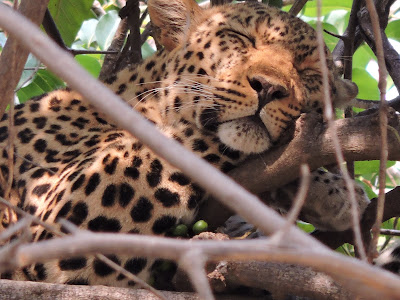It's quite hard to know where to
start when writing about something like suffering. It is such a
subjective, sensitive and complex issue. Yet living in a developing country
like Zambia means it cannot be escaped or ignored.
 |
| An elderly couple I met in Northern Province |
Human suffering gets 'in your
face' here. When we visit people in the local communities supported
by Arise, there are malnourished children wandering about, people dressed
in old and tatty clothing, drunk people stumbling around and people
who are so desperate they will beg for money. Occasionally we
see people with deformities or disabilities but not many of them
because sadly the majority of don't survive in such
an environment.
 |
| Visiting one of our Kapumpe pupils at home |
Suffering is "the state of
undergoing pain, distress or hardship". It can be physical, emotional,
spiritual or psychological; temporary or ongoing. I'm sure we have all
experienced some degree of suffering in our lives but it’s a personal
thing which is quite difficult to compare with others. Yet sometimes difficul
My
generation may not have experi
 |
| Masala market in Ndola |
Sometimes we see human mistakes
that directly cause people to suffer. Yet the reasons behind
other types of suffering remain much more mysterious. I have found
it interesting to visit people here who are living in extremely
tough circumstances, and observe how they respond to
it. I have been inspired by many people who, rather than question
whether there is a god because of suffering, actually call out to Him
during these times.
I recently spoke to one of these inspirational
characters – an Arise guardian called Mandalene. She is a widow, most likely
in her 60s (she herself isn’t sure of her age) who looks after five orphaned
grandchildren. She is too old to work so she doesn’t have an income. Daily life is a struggle but she prays that God will provide and works extremely hard growing maize in her field in order to
feed her family.
Mandalene has very little of material worth but she exudes a peace and contentment
that I think many people would
probably love to attain. I think this comes from her faith and trust in a God that is bigger than her
circumstances, and from the hope that she has for the future. I have noticed
that Mandalene is quick to thank God for the smallest of things, which means
she focuses on what she has to be grateful for rather than what she doesn’t
have.
 |
| Mandalene with one of the grandchildren she cares for |
 |
| Mandalene with her grandchildren at her home receiving a gift from Arise |
With my Western mindset, it
could be tempting to patronise Mandalene and presume that
she tries to think this way to make her feel better about her
situation. Rather than that, her character provokes me to
listen and learn from her. Mandalene is an example of someone
who lives out the hope she has through suffering.
One of the difficult
things about a lot of suffering is that there is often no way
to relieve it - no plaster or bandage you can put on, and no pill to
make the pain go away. In Arise we try to help alleviate suffering
by addressing immediate needs and offering empowerment
opportunities through education, farming and discipleship. But sometimes
it is frustrating when the small things we are able to
do seem to have such a small impact. I often feel pretty useless
in these situations but remind myself that the issue of
suffering is huge and something that I can't solve. All I
can do is listen, pray, encourage and learn from the people that I meet.
 |
| One of our guardians quick to thank God for the gift she has received |


























